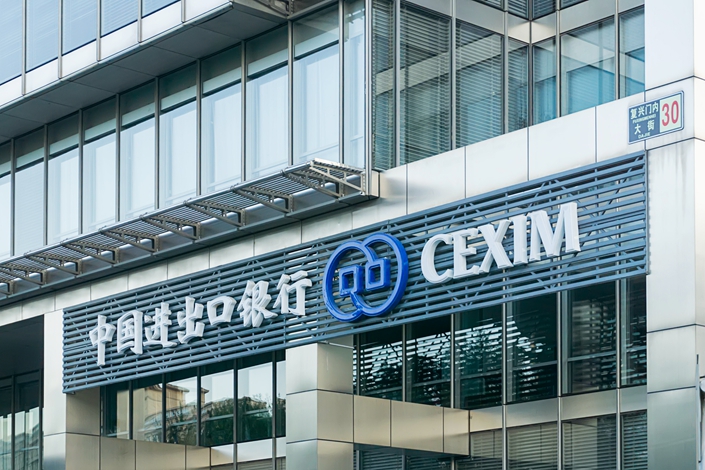Loans given by the Exim Bank of China to several state enterprises and government guaranteed loans taken by Ceylon Petroleum Corporation will be taken by the central government, President Ranil Wickremesinghe said.
Exim Bank of China funded a coal plant for state-run Ceylon Petroleum Corporation which was determined by the Auditor General as perhaps the best investment made by Sri Lanka since hydro plants in the Mahaweli multi-purpose scheme.
Sri Lanka Airport also had a loan to develop Mattala Airport, considered a ‘white elephant’.
Sri Lanka Ports Authority was given a loan by Exim Bank of China for the Hambantota Port.
China paid 1.1 billion US dollars in cash for a stake in the port.
However Sri Lanka did not use to settle Chinese debt. Instead ‘more expensive’ loans from other parties were settled.
The Ceylon Petroleum Corporation has around 2.0 billion US dollars loans taken from state banks after the central bank printed money to suppress rates and target an output gap, triggering forex shortages.
Analysts in Sri Lanka have labelled them Nick Leeson loans.
Singapore’s Prime Lee Kuan Yew called such debt taken by soft-pegged countries, ‘cover-up loans’ a day before the setting up of a currency board was announced on August 26, 1966 in parliament by then Finance Minister Lim Kim San.
“Now, we are going to run a Currency system which means that the moment we earn less, we spend less,” Prime Minister Lee told a trade union on August 25 night. “And I say we do it or we die because this is a society with an open market, exposed.
“If you start fiddling around with currency and you start printing notes and then you have no money really to spend and you start borrowing to cover up, you will end up in penury and bitterness.
After engaging in stimulus (output gap targeting), policymakers are then forced to put the breaks as the inevitable consequences follow.
The IMF taught Sri Lanka’s central bank to calculate and output gap. Sri Lanka is now in ““Right, stop; break; pull the money back,” mode, which the same ‘lost generation’ economists call ‘stabilization’.
Sri Lanka defaulted after borrowing billions of dollars from both China and sovereign bond holders as cover up loans under flexible inflation targeting/output gap targeting triggered forex shortages.
Under an IMF program, a new monetary law allowing flexible inflation targeting or discretionary policy to ‘fiddle around with the currency’ as happened in the past 7 years triggering three currency crises in rapid succession is to be legalized.


